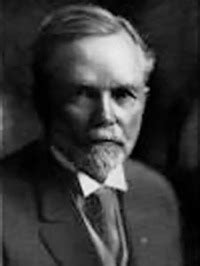A Quote by Greg Boyle
I do believe in lessons learned. I have learned that you work with gang members and not with gangs; otherwise, you enforce the cohesion of gangs and supply them oxygen.
Related Quotes
There are no violent gangs fighting over aspirin territories. There are no violent gangs fighting over whisky territories or computer territories or anything else that's legal. There are only criminal gangs fighting over territories covering drugs, gambling, prostitution, and other victimless crimes. Making a non-violent activity a crime creates a black market, which attracts criminals and gangs, which turns what was once a relatively harmless activity affecting a small group of people into a widespread epidemic of drug use and gang warfare.
You take up for your buddies, no matter what they do. When you're a gang, you stick up for the members. If you don't stick up for them, stick together, make like brothers, it isn't a gang anymore. It's a pack. A snarling, distrustful, bickering park like the Socs in their social clubs or the street gangs in New York or the wolves in the timber.
You prevent kids from joining gangs by offering after-school programs, sports, mentoring, and positive engagement with adults. You intervene with gang members by offering alternatives and employment to help redirect their lives. You deal with areas of high gang crime activity with real community policing. We know what works.
I'm questioning it. We're trying to get a lot of money for health and education and I'm wondering... You look at these gangs, and I look back at Prohibition. When we didn't allow alcohol, what did we have? We had gangs. We had big gangs. It's something that needs to be discussed a little more. It's an economic issue and a violence issue.
The gang may be a safer place than home, but it's not without its problems. In some instances, especially in the Latino community, the boys have very traditional views of femininity even though they are gang members. The girls can be [seen] as sexually available, but not the good girl that you want to take home to your family, even by young men in the gangs.































